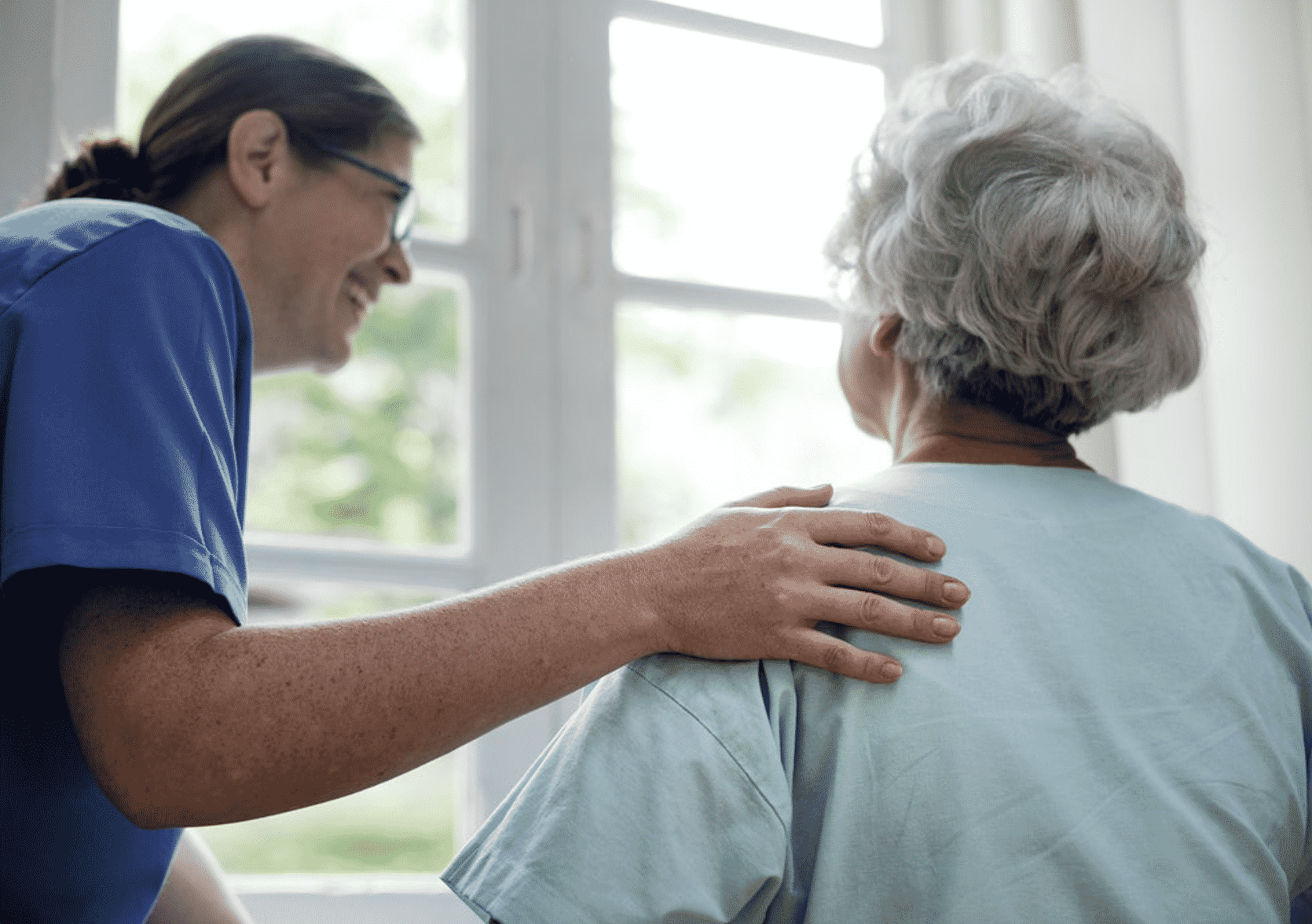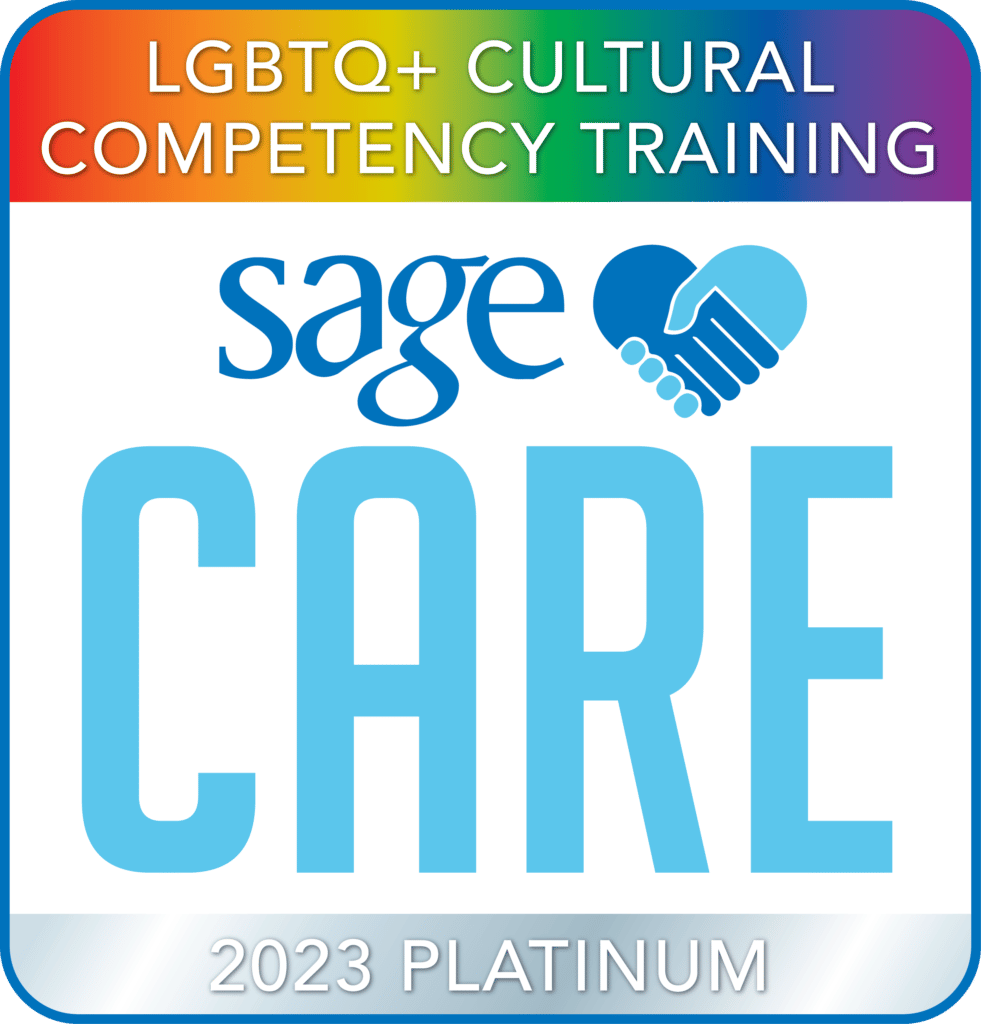The State of Safety for NJ Assisted Living Communities

Let’s face it ─ many people still feel apprehensive about moving their parents into an assisted living community since the COVID-19 pandemic hit. Despite this, families realize that they also will struggle to handle every need of their elderly parents without help. The good news may be that with new health and safety procedures in place across most assisted living communities, senior living can still be a safe and social option for your family.
According to David Grabowski, a healthcare policy professor at Harvard University, “Facilities with more staff, PPE and ability to group patients with similar disease status together, might have better odds of avoiding major outbreaks.” With that said, it’s important to know the details of each community’s plan regarding COVID-19 as you assess their safety.
How are Assisted Living Communities Handling Resident Safety?
Despite initial media reports, many assisted living campuses are doing an exemplary job of keeping COVID-19 out of their communities. They are also mitigating and isolating effectively when there is a potential case at hand. These are the two key factors to look at when considering a move-in at this time:
Do your homework and ask questions regarding protocols in place to combat COVID-19. All assisted living facilities are legally obligated by the state to report the status of their COVID-19 cases. If the occurrence of COVID-19 cases is, or has been very high, you should ask the community what has been put in place during the course of the pandemic.
Most facilities will have had some COVID-19 cases by now either among the staff, the residents, or both. You should not be looking for perfection, but rather how aggressive the community safety protocols are and how effective you think they will be in preventing future outbreaks.
Some questions to ask include:
- How many residents currently have tested positive for COVID?
- Are any residents within the facility currently quarantined with COVID or because of COVID exposure?
- How often are they tested?
- How often is their temperature monitored?
- How is staff screened at the facility?
- How many staff members have tested positive for the virus?
- What sanitary protocols are in place for staff and residents?
- What will you do if a staff member suddenly tests positive?
A great example of a positive response comes from Jim Clancy, UMC at Collingswood’s executive director. Jim asked staff members who work at more than one facility — a possible source of viral spread — to choose one location.
All staff were also assigned to work in only one level of care to prevent spread to other areas of the building. By mid-March, long before many facilities were even fully aware of the risk, UMC stepped up Personal Protective Equipment (PPE) procurement and health monitoring as the virus spread around the country. These measures definitely put UMC at the forefront of the response to the pandemic.
UMC Presents the UNITEDforSAFETY Standard
On top of early prevention, UMC has also introduced UNITEDforSAFETY, an industry-leading standard of infection control and cleanliness. UMC has teamed up with the Association for Professionals in Infection Control and Epidemiology (APIC). All UMC infection control specialists are certified by APIC and are working toward Certification in Infection Prevention and Control (CIC). The CIC credential identifies healthcare professionals who have shown mastery in the knowledge of the most efficient practices in infection prevention and control.
These are just some of the measures developed to maintain a healthy environment under this new standard:
- Using the Environmental Protection Agency certified products that kill 99.9% of bacteria
- The increasing frequency of housekeeping services with attention to common, high touch areas
- Utilizing portable negative air pressure machines to filter harmful air particles
- Sanitizing with UV light equipment
- Testing and monitoring residents and associates, and screening visitors
- Mandating hand washing and strategically placing hand sanitizer stations
- Requiring physical distancing and a period of quarantine when needed during outbreaks
- Wearing PPE as needed
- Implementing recommendations of and coordinating with the Centers for Disease Control and Prevention (CDC), county health departments, and the New Jersey Department of Health (NJDOH)
All United Methodist Communities are #UNITEDforSAFETY!
As mentioned above, when considering an assisted living community during COVID-19, it’s crucial to look at how efficient the safety protocols are across locations and how instrumental you think they will be in preventing future cases. UMC took early precautions in mid-March in response to the threat of COVID-19.
To learn more about The UNITEDforSAFETY standard at UMC Collingswood in Camden County, or any of our other assisted living communities across New Jersey, please contact United Methodist Communities and book your visit today.




